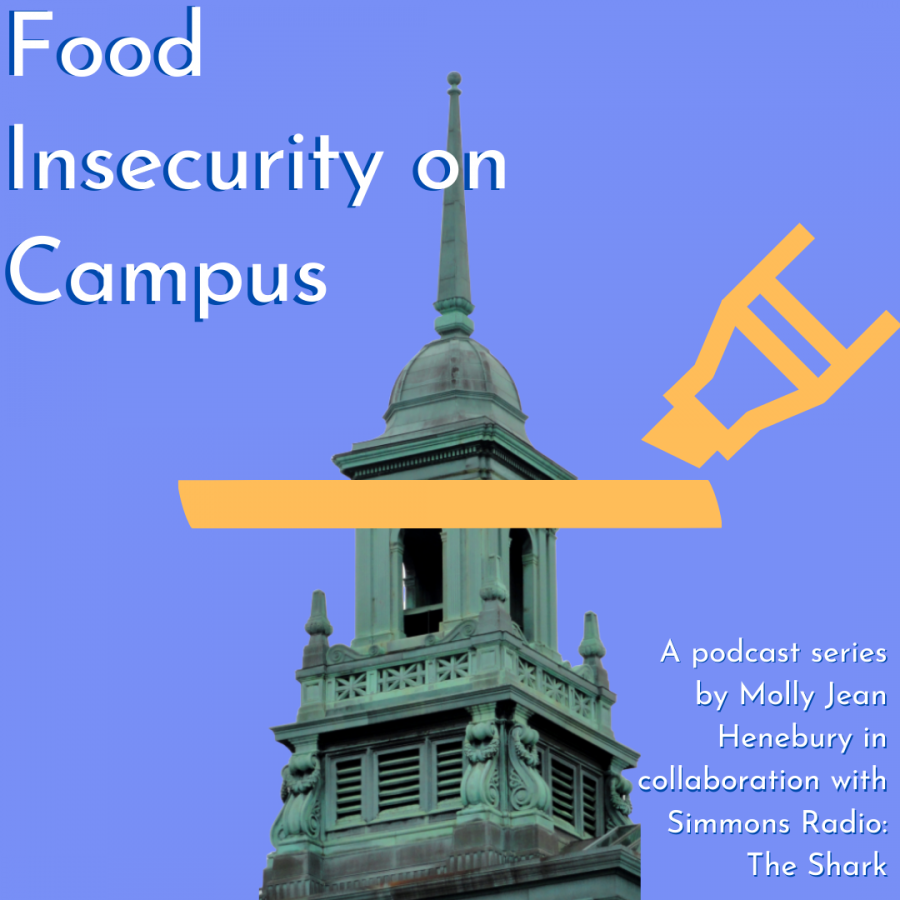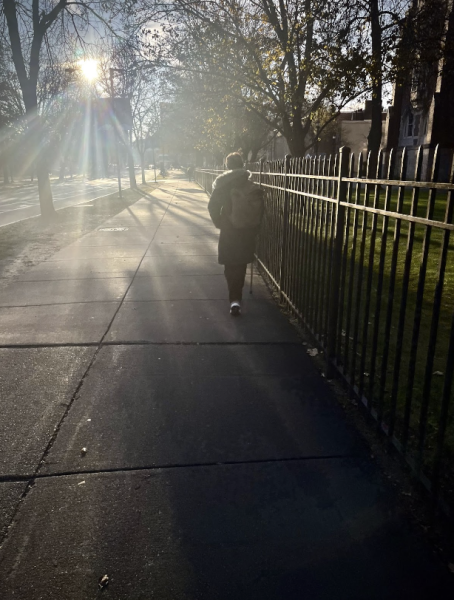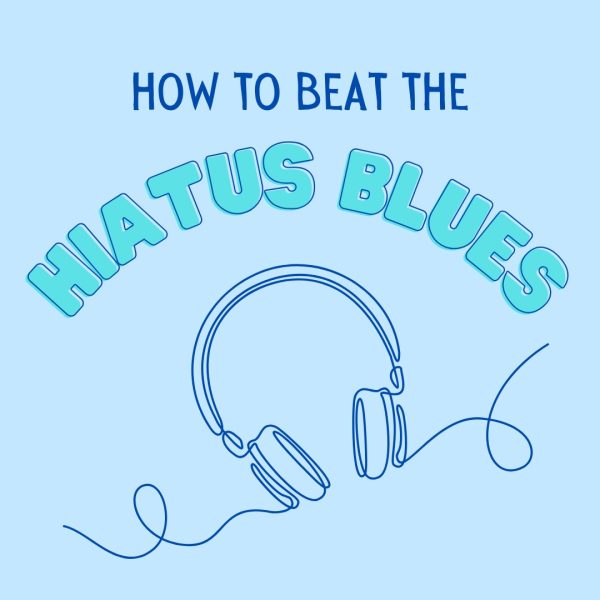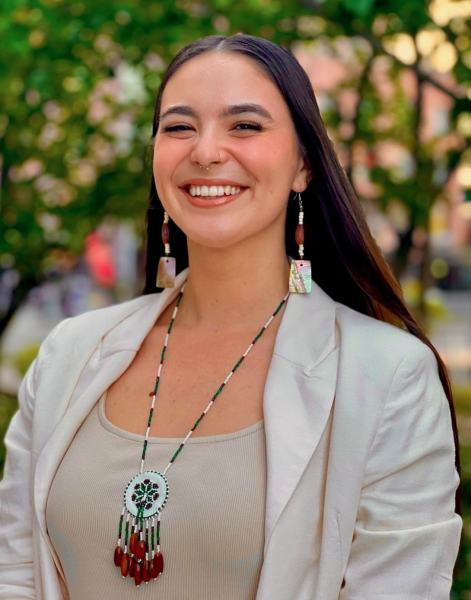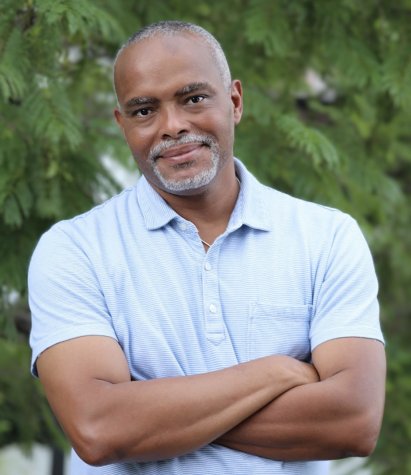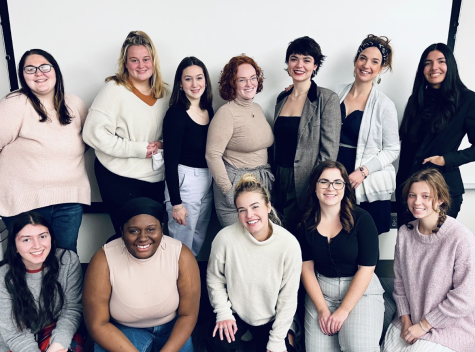Food Insecurity on Campus Podcast: Ep 1
May 5, 2020
My name is Molly Jean Henebury. I am a graduating senior studying Nutrition and Dietetics as well as Public Health. This semester, however, I got to dip my toes in the world of communications. As part of my Advanced Applications in Community Nutrition course, I worked with Erica Moura and Simmons Radio: The Shark to create a podcast addressing food insecurity on Simmons campus.
In the process of making this podcast, first came the issue of identifying the prevalence of food insecurity here at Simmons. This was made easier by the SURPASs research conducted by Simmons student Katie Shapiro. Katie surveyed 494 Simmons students and found that over half of on-campus students worried about their food running out before receiving money, and two-thirds were unable to eat balanced meals due to costs. Rates such as these are particularly concerning given the physiological and psychological health effects of food insecurity.
In adults, food insecurity has been found to be associated with “diabetes, obesity, depression, decreased nutrient intakes, and poor self-rated health status” Of additional concern for students and universities, multiple studies have found that food-insecure students are more likely to have low-grade point averages, delayed graduation, or higher dropout rates when compared to their food-secure peers.
As the evidence surrounding this epidemic continues to emerge, the discussion of how students experience food insecurity and how university administrations are combating the issue grows in complexity. Given how prevalent food insecurity is at Simmons University and across the country, the need for education on the subject and how to intervene is clear. Without education and conversation around the issue, the necessary momentum to take the necessary steps to eliminate food insecurity at Simmons University will be impossible.
This first episode addresses what food insecurity is, what it looks like on Simmons, and what is currently being done. It includes interviews with both Katie Shapiro and Corey Zohlman. Of course, given the state of the world, the second episode pivots in its direction.
The COVID-19 epidemic has put this issue under a microscope. As students needing to stay with residence life are moved to hotels, they are facing anxiety around the impermanence of their living situation, the end of the semester, work, and adequate nutrition. I spoke with a student staying with residence life about her experience. Additionally, residence life gave their own statements in this situation.
The conversation around food insecurity at Simmons is far from over, and frankly, it is too important to ignore. I hope this podcast allows this conversation to continue.



